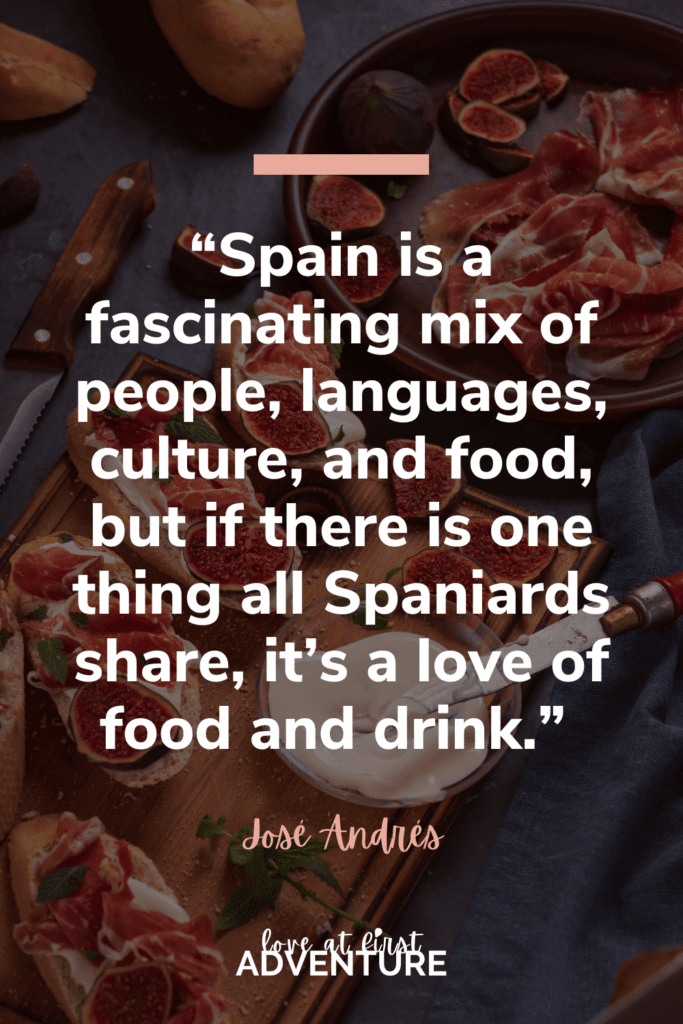
Mon 12 May 2025
Spain News | Jamón- Get acquainted with Spain´s favourite tapa plate!
The star of the Spanish tapas menu!
Many years ago, sitting in a taberna in Cádiz, I had my first real appreciation for the famous "Jamón Ibérico de Bellota". Cádiz is a wonderful city and after walking our feet off, we were hot, thirsty and tired. We pitched up, by pure chance (before the days of trip advisor), at one of the most famous tapas bar in Cádiz. Taberna Casa Manteca was (and still is… ask Rick Stein!) a typical Spanish bar, noisy, busy and chock-full of character, with walls lined with bullfighting memorabilia. We ordered an ice cold caña (beer in a short glass) and a plate of Jamón Ibérico de Bellota. The barman pointed to a huge leg of cured meat on the bar and said it was the best he had tasted, so that was good enough for us! Dark, ruby red and streaked with white fat, it looked nice, but surely it would be wasted on us? It was absolutely, melt in your mouth, delicious and opened our eyes to the wonders of Spanish jamón!

Jamón translates as ham but not as we foreigners know it. When most Brits think of ham, they think of sliced and processed meat to put in sandwiches. The Spanish refer to this as “Jamón York”. However, Jamón is the pigs hind legs and it is salted and cured for varying lengths of time. The quality and price depends on the pig, where it comes from and what it was fed on.
What you need to know before you buy:
Jamón Serrano- This is meat from the Spanish white pig and this is also eaten in sandwiches. Labelled; curado, extrá or reserva, with the latter being the most expensive. The ingredients are pork and salt but these days nitrates and nitrites are often added as preservatives. The leg is covered in salt for 7-10 days in storage with temperature and humidity control. Then it is rinsed of salt and kept in cold storage for 2 months. Lastly it spends 6-12 months hanging in a drying room. This means it loses moisture and the flavour intensifies.

Jamón Iberico- This is meat only from the black, Iberian pig, also known as “pata negra” (black hoof), which is a free range animal, with a strictly controlled pasture and grain diet. The legs are cured for at least 2 years and the genuine product has a DOP certified sticker. The “Denomination de Origen” is given to the meat of pigs from Extremadura, Huelva, Jabugo, Los Pedroches Valley and Salamanca.

There are three grades of jamón Ibérico, none of which contain preservatives:
Jamón Ibérico de Cebo- This pig is grain fed and the meat is cured for 24 months.
Jamón Ibérico Cebo de Campo- This is a free range animal which roams in oak forests and eats acorns and grain. Cured for at least 24 months.
Jamón Ibérico de Bellota- This is the King of Jamón! The bellota is the acorn from the Spanish Oak tree. The black Iberian pig grazes in the forest and eats mainly acorns, no grain. They can eat kilograms of acorns each day! After 4 months the pigs weight doubles and the meat has a much higher protein and fat content. The meat is cured for a minimum of 3 years. It is the most expensive of all and most households only buy it for very special occasions.
Nutritional value;
As a rule, processed meat is bad for you and should be kept as an occasional treat. Jamón Serrano is no exception as it contains preservatives. Jamón Iberico, with no nitrates or nitrites, is high in all vitamin B´s; 1,2,3,5,6 and 12, as well as choline and folate. It is also very rich in essential minerals and higher in protein than fresh pork. The only bad ingredient is salt, so those with high blood pressure should eat it in moderation.
Most good supermarkets have a big selection of Jamón.

There is an acquired skill to cutting it and the assistant serving you will be an expert. (I have a terrible memory of watching an assistant, in a high class delicatessan in England, hacking great chunks out of a leg of Jamón Iberico de Bellota!)
At Jacaranda Spain, we would encourage all our clients and friends to sample these delicious cured meats, they are deep routed in the gastronomic culture of Spain. Ask the assistant in your local supermarket, mostly they will be happy to give advice (in Spanglish if there is a language barrier!), and a taster before you buy.




